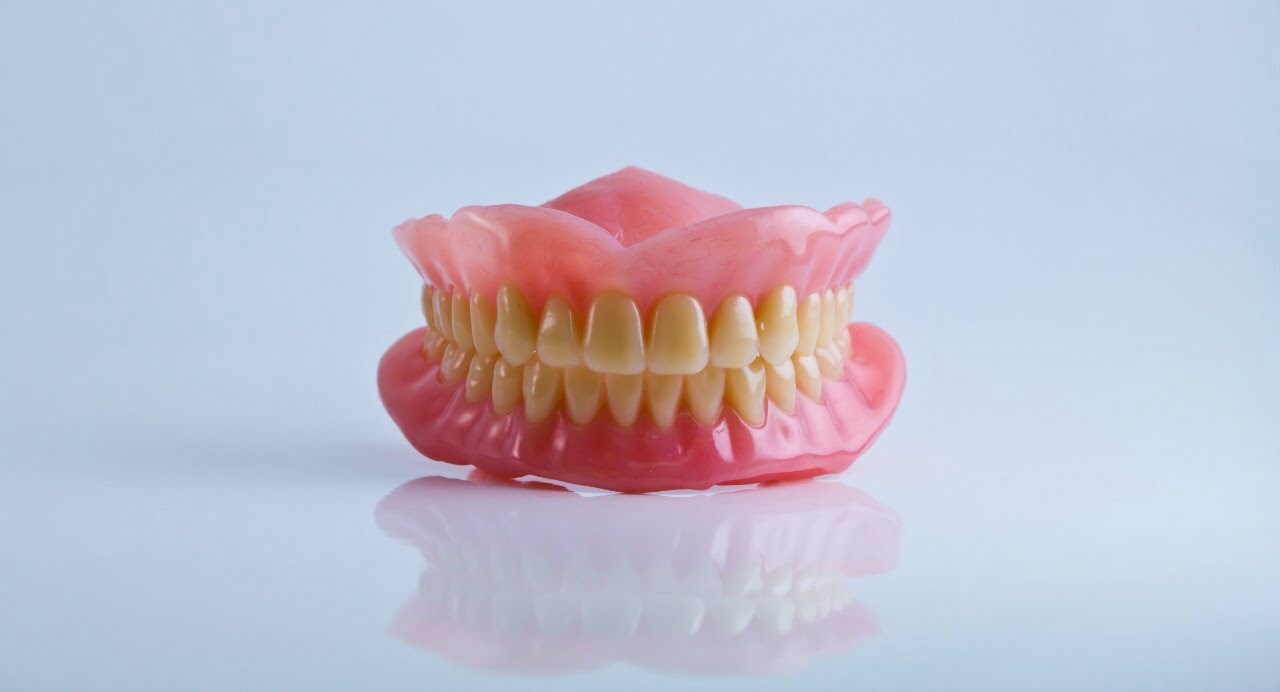Have you ever experienced a sore jaw or pain in facial muscles when you woke up?
If you feel a sore jaw in the morning or even pain in your facial area, it could be a sign of teeth grinding or clenching when you sleep. Teeth grinding is an actual condition that many experiences on a nightly basis. Some nights can be worse than others and could be worse with time because your teeth are grinding, leading to jaw problems or even falling out of your teeth.
How do you know if you grind your teeth when you’re sleeping? If you have another person sleeping with you, they will know it. A video record is good for tracking your sleep if you are alone, so you will know whether your teeth are grinding.
What is a sign that we had teeth grinding?
The most common way we know we have teeth grinding is to get sore jaws in the morning. Teeth-grinding and jaw-clenching habits are a common condition. These bad habits affect up to one-third of adults in the daytime and more than 1 in 10 in their sleep.
Either way, another sign that you have teeth grinding is :
- Headaches
- Sore jaws
- Aching facial muscles
- Struggle to sleep
- Stiff shoulders & back
- Ear pain
What caused teeth grinding, and should we take it seriously?
Teeth grinding can be caused by many factors, but the common one is too much stress, anxiety (and depression), or certain types of medications. Dehydration, often due to heavy drinking, may also contribute to teeth grinding.
Some severe issues may surface because of teeth grinding, such as:
- Face, shoulder and neck pain
- A painful jaw
- Broken teeth
- Increased sensitivity
- Teeth and fillings loss
Teeth grinding can be minimized by treatments and also by taking some vitamins. Deficiency and low calcium consumption were also associated with increased scores of anxiety and depression.
You can practice some home treatments to reduce teeth grinding, such as drinking more water and practicing breathing more while stressed. People with depression commonly suffer from teeth grinding. Here are some tips to keep your life healthier and more relaxed:
- Be active
- Do Yoga
- Breath practice
- Less drinking alcohol or caffeine
- Read books
- Avoid unhealthy habits
What treatment can I do at home to cure teeth grinding?
While no cure exists to stop teeth from grinding completely, specific treatments can reduce their frequency. Below are some at-home-treatment you can practice:
Drink more water
By staying hydrated before you go to bed, you are more likely to have a sound sleep and reduce the occurrences of teeth grinding
Practice breathing exercises
As we know, teeth grinding can get worse if you’re under a lot of stress.
Focus on slowing your breath as it can relax the jaw.
Have good sleeping habits
Good sleep is vital to our body and brain. If you don’t get a night of good quality sleep, that might impact your day as you’re less likely to focus and feel tired the whole day. Here are some tips for good sleep:
- Remove electronic devices such as TV, computers, and smartphones from the bedroom 30 minutes before sleep.
- Avoid large meals, caffeine, and alcohol before bedtime.
- Ensure your bedroom is quiet, dark, relaxing, and at a comfortable temperature.
- Avoid drinks that provide too many stimulants, such as caffeine, alcohol and energy drink.
- Do a simple massage to relax your jaw before sleep. Massaging your jaw can help increase blood flow and reduce muscle tightness. Open your mouth and gently rub the muscles next to your ears in a circular motion – this is where the temporomandibular joints are located. Do this a few times a day, including right before bed.
Consume supplements and eat healthier
These fruits and vegetables are the best sources of vitamin C, D, B-Complex, and Magnesium to lower your stress level:
- Citrus (oranges, kiwi, lemon, grapefruit)
- Bell peppers.
- Strawberries.
- Tomatoes.
- Cruciferous vegetables (broccoli, Brussels sprouts, cabbage, cauliflower)
- White potatoes.
Magnesium promotes a better night’s sleep. You get it from:
- pumpkin seeds
- chia seeds
- almonds
- spinach
- cashews
- peanuts
- soymilk
- oatmeal
B-Complex Vitamins can reduce stress and depression.
- Whole grains (brown rice, barley, millet)
- Meat (red meat, poultry, fish)
- Eggs and dairy products (milk, cheese)
- Legumes (beans, lentils)
- Seeds and nuts (sunflower seeds, almonds)
- Dark, leafy vegetables (broccoli, spinach, kailan)
- Fruits (citrus fruits, avocados, bananas)
When should I see my dentist about teeth grinding?
Teeth grinding can cause severe jaw pain, headaches, wear on the teeth, and Temporomandibular disorders (TMD). See your dentist if you think you may be grinding your teeth. They can examine your TMJs, jaw muscles, and teeth for signs of bruxism. Dentists can often diagnose bruxism based on physical exams and your symptoms. But in some cases, you may need a sleep study called polysomnography.
Conclusion
Teeth Grinding might be a serious problem because it causes sore jaws and facial muscles. Many factors can cause teeth grinding, but depression and stress are the two most common causes. Reducing stress and taking some vitamins are essential to help treat teeth grinding.
Consider checking with one of our dentists at Eastman Dental if you are worried about teeth grinding. At Eastman Dental, we provide proper observation and treatments for teeth grinding. Schedule a check-up with us immediately. Don’t let teeth grinding make your jaw sore or lose your beautiful smile.
